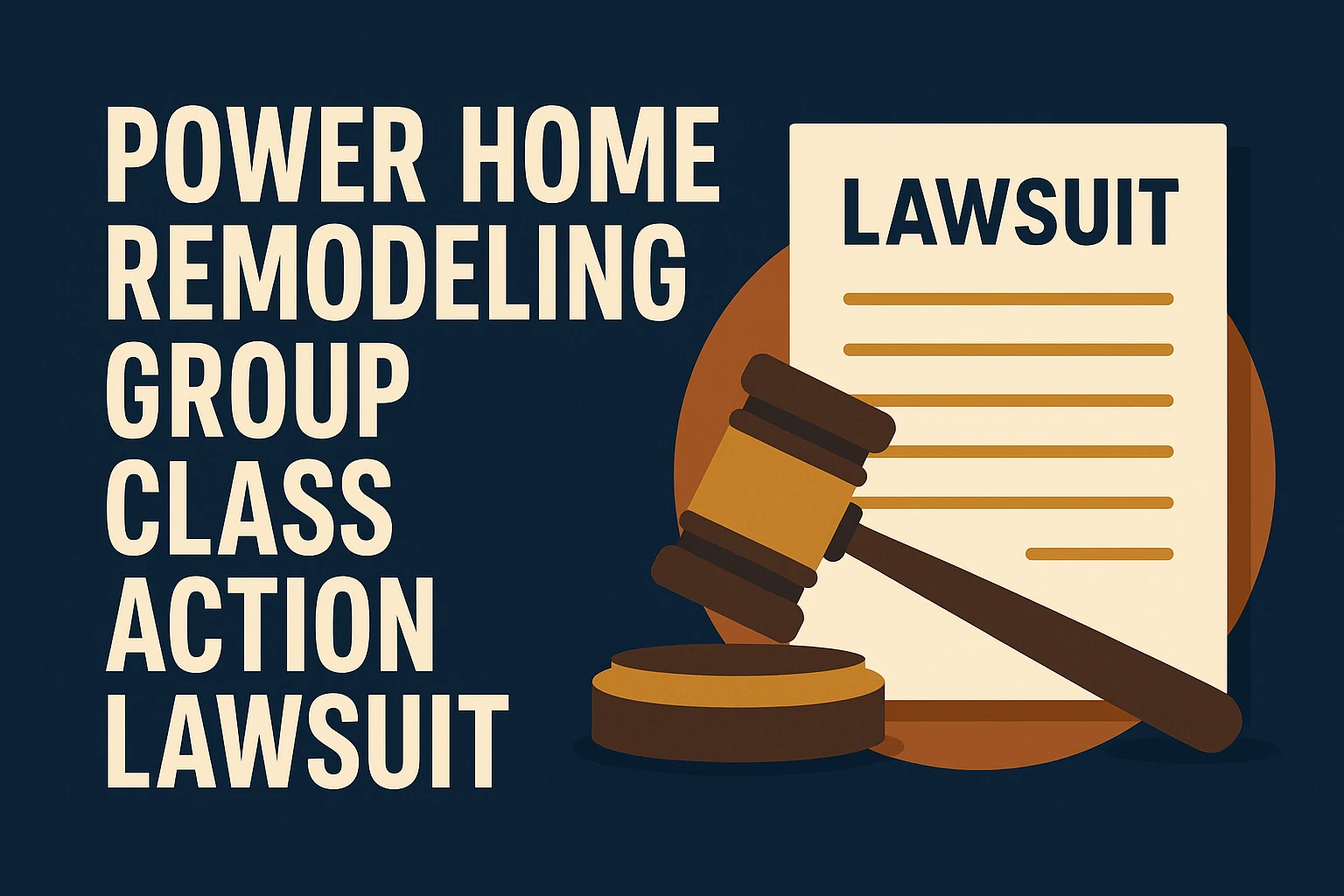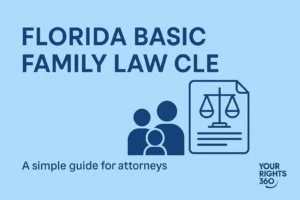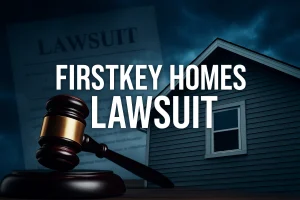Power Home Remodeling built a strong name in the home upgrade business. Many homeowners picked the company for major work. It promised top-quality service, lifetime coverage, and honest care. Its windows, doors, roofs, and siding now cover homes across the country.
That image started to fall apart once legal issues came to light. A class action lawsuit accused the company of breaking federal law. The main issue centered on robocalls and pushy phone sales. People said Power Home contacted them without clear consent. Many got repeated calls with recorded messages and hard-sell pitches.
The case grew fast. Over one million people joined the class. The court pushed Power Home to explain its call methods. The company agreed to settle the case for several million dollars. Those who got the calls could claim a payout. The company also had to change how it reached out to customers.
This article breaks down what happened. You will see what the lawsuit said, how the case ended, and what lessons it brings. If Power Home ever contacted you without asking, this guide will show you what steps to take next.
What Is Power Home Remodeling?
Power Home Remodeling started in the early 1990s. It grew from a small local company into a major force in the remodeling industry. The business works in many states. It offers services like roofing, siding, insulation, windows, and doors. Many people know the company through its bold ads, big promises, and large crews.
The company often uses the phrase “lifetime warranty.” That term attracts customers who want long-lasting protection. Sales reps tell homeowners that repairs or replacements will come at no cost. In some cases, the company does honor those promises. In others, customers face delays or denials.
Power Home uses a large sales team. It knocks on doors, calls leads, and uses marketing outreach. This model brings fast growth, but it also creates problems. Many customers said they never asked for calls. Some got repeated messages even after asking to stop. These complaints sparked the lawsuit.
How the Legal Trouble Started
The issue started with phone calls. Customers began to report that Power Home contacted them without clear consent. They said the calls used prerecorded messages or sales scripts. Some even said they got calls after telling the company to stop.
One customer, a man named Teofilo Vasco, became the lead plaintiff. He said Power Home called him on his cell phone multiple times. He did not agree to receive those calls. He never gave written consent. The calls continued even when he asked them to stop.
This pattern broke federal law. The Telephone Consumer Protection Act (TCPA) sets rules for calls and texts. It says companies cannot use robocalls without consent. It also limits the use of auto-dialers. If a company breaks those rules, it faces steep fines or lawsuits.
The lawsuit claimed that Power Home violated these rules. It said the company made illegal calls to thousands, maybe millions of people. This created the basis for a class action.
What the Class Action Lawsuit Claimed

Class actions combine many people with the same problem into one case. This lawsuit claimed that Power Home broke the TCPA many times. It said the company:
- Called cell phones using auto-dialers or recordings
- Failed to get written consent
- Kept calling people after they asked it to stop
These actions caused harm. The harm included stress, wasted time, and the cost of unwanted phone use. In some cases, the calls felt harassing. Customers said they felt like they had no way out.
The legal team asked the court to certify a class. That means all affected people could be part of the case. The court approved the class action and let the process begin.
Power Home denied wrongdoing. It said it had consent and followed the law. But as the case moved forward, the company agreed to settle.
The Final Settlement
In 2016, Power Home agreed to a settlement. The total fund reached over five million dollars. That money came with no admission of guilt. Still, it showed the company wanted to close the case and avoid a long court battle.
The settlement included:
- Cash payments to people who received the calls
- Changes to the company’s phone practices
- Legal fees for the attorneys who handled the case
- A small award to the lead plaintiff
Each person who filed a valid claim received money. The amount was not huge. It was around twenty to thirty dollars per person. The number depended on how many people filed.
The company also had to stop using certain types of calls. It had to follow stricter rules for phone contact. These steps mattered as much as the money. They helped protect people from future calls.
More than one million people may have received these illegal calls. Most never realized they were part of a class action.
Who Was in the Class?
To qualify as part of the class, a person had to meet all the conditions shown below.
| Requirement | Details |
|---|---|
| Received a call | The person got a phone call from Power Home Remodeling |
| No written consent | The person did not give clear permission or sign any agreement |
| Type of call | The call used a prerecorded voice or auto-dial system |
| Claim submitted on time | The person filed a claim before the official deadline |
| Class size | Over one million people matched these conditions, but not all submitted claims |
What the Lawsuit Taught Homeowners

This case showed how important it is to understand your rights. Many people do not know that robocalls without consent break the law. They think companies can call them as they please. That is not true.
Homeowners should keep track of calls. If a company calls too much or uses recordings, write down the number, time, and message. Ask the company to stop. If it does not stop, legal help may be available.
Also, watch for signs of poor service or false promises. When a company offers a lifetime warranty, read the fine print. Get everything in writing. Save emails, invoices, and call logs.
A good company keeps its word. A bad one makes excuses. Cases like the Ryan Homes class action lawsuit show how large brands can face legal action when they ignore customer concerns. This lawsuit reminds us that big promises mean little without action.
🧾 Real Experience Shared
A rep came to my house and said I had 48 hours to lock in a deal. I felt pressured. I later found out I couldn’t get out of the contract without fees. I wish I had waited and checked reviews first.
– James T., former Power Home customer
How the Company Responded
After the lawsuit, Power Home made changes. It updated its phone system. It trained sales reps to follow consent rules. It stopped using certain auto-call tools. These changes helped reduce new complaints.
The company also worked to repair its image. It said it cares about customer satisfaction. It added staff to handle service requests. It said it would honor its warranties better.
Still, some complaints continued. Some customers said the company failed to fix old problems. Others said they could not reach support. The lawsuit helped many, but not all issues went away.
Is the Problem Fixed?
The lawsuit covered one type of harm. It did not fix every issue. Some customers still face delays or warranty disputes. Others say they feel misled.
That shows a legal case is only part of the picture. True change takes more. A company must listen to its customers. It must train its staff and honor its word.
Homeowners need to stay alert. Keep records. Know your rights. Do not be afraid to speak up.
Power Home Remodeling Group Class Action Lawsuit 2022
In 2022, many homeowners looked up Power Home Remodeling again. Some thought a new lawsuit had started. No major class action began that year. The past case still shaped how people saw the company.
Online reviews showed the same issues. People complained about calls without consent. Some said the company made promises and broke them. Others had problems with slow service or warranty delays.
The earlier lawsuit made some homeowners cautious. Many wanted better proof before trusting the brand. The company kept working to fix its image. It still had a long way to go in the eyes of some customers.
Power Home Remodeling Group Class Action Lawsuit 2021
In 2021, more people shared concerns about Power Home Remodeling. Some searched for lawsuit updates. No new class action came out that year. Still, many homeowners had problems.
Some said the company called them too much. Others said they signed up for a quote but got nonstop follow-ups. A few claimed the company pushed them into deals they did not want.
Warranty complaints also grew. Some customers said they tried to get help but heard nothing back. Others said the repairs came late or not at all.
The old lawsuit remained in people’s minds. It reminded them to be careful with cold calls and big promises. In 2021, trust was still low for many who had bad experiences.
Power Home Remodeling Group Class Action Lawsuit 2020
In 2020, Power Home Remodeling faced strong public attention. Many homeowners searched for legal news. Some thought another class action might begin. That did not happen. Still, complaints kept rising across the internet.
Many people said the company made robocalls during the early months of the year. Some said they never gave permission. Others said the calls kept coming even after they asked to stop. These actions reminded people of the older lawsuit.
Some customers also shared bad stories about work delays. Others said they paid a lot but got poor results. The warranty terms caused confusion. Many did not get help when they needed it most.
Even without a new lawsuit, 2020 became a year of warning signs. The trust gap grew wider. Many homeowners told others to research deeply before choosing any home improvement company.
Power Home Remodeling Reviews

Customer reviews play a big role in how people see Power Home Remodeling. Some reviews praise the company’s fast installs and friendly workers. These often come from people who had smooth jobs with no problems.
Other reviews tell a different story. Many customers complain about poor follow-up. Some say the company made big promises and did not deliver. A few said they had issues with leaks, broken parts, or missed deadlines.
Warranty claims appear in many bad reviews. People say they called many times and got no answer. Some said the company blamed the problem on the product, not the work.
Sales pressure also stands out. Some homeowners said the reps pushed hard. They felt rushed into signing deals.
The mixed reviews show a clear trend. If things go well, customers are happy. But when problems start, getting help can be hard. This makes people worry, especially after hearing about lawsuits and legal trouble.
Power Home Remodeling Sales Tactics
Power Home Remodeling uses strong sales tactics. The company trains its reps to find new leads fast. Many workers go door to door. Some call people after they fill out online forms.
Homeowners say the first contact often feels friendly. But some said the reps quickly shift to high pressure. A few felt forced to make fast choices. Others said they only wanted a quote but got long sales talks instead.
Some people said they got calls they never asked for. A few said they said no but still got follow-ups. This raised concerns about consent. These tactics played a big part in the lawsuit.
Sales teams work in groups and often return if no one answers. Some customers said they felt overwhelmed. Others said the reps would not take no for an answer.
These tactics helped the company grow fast. But they also created legal risks and trust issues. The company now says it trains staff better and listens more. Some people say things have improved. Others still report problems.
Power Home Remodeling BBB Rating
The Better Business Bureau shows how a company handles problems. Power Home Remodeling has a mixed record on the BBB website. It holds an active rating, but the number of complaints is high.
Many complaints focus on sales calls, late service, or warranty issues. Some customers said they waited months for a fix. Others said the company never called back. A few said they felt tricked by fast-talking reps.
Power Home responds to many complaints. It tries to fix some issues. But not all customers feel satisfied. Some say the answers feel copied or too slow.
The BBB score stays active because the company replies. But the high complaint count makes some people think twice. A good rating alone does not mean all customers are happy. Reviews and complaints tell the full story.
People often check the BBB before they sign a contract. A strong profile can build trust. A weak one can raise red flags. In this case, many still feel unsure.
Power Home Remodeling Complaints
Many homeowners have shared complaints about Power Home over the years. Some say the company did not follow through on service calls. Others say the work started late or stopped halfway.
Warranty problems appear often. People say the company promised full protection but refused to fix issues later. A few said Power Home blamed the problem on materials or outside causes.
Some customers said they got unwanted calls. Others said they tried to cancel but kept getting messages. These actions made some people feel trapped.
The complaints do not come from one place. They appear across the country. That shows the problems are not rare. Homeowners should always check reviews, read terms, and ask questions before signing anything.
🗳️ Quick Poll
Have you ever received a call from Power Home or a similar company without giving permission?
- ☐ Yes, many times
- ☐ Once or twice
- ☐ No, never
*This is a visual poll for readers. Results not tracked.
Conclusion
The Power Home Remodeling Group class action lawsuit revealed deep problems. It showed how a company’s marketing can cross legal lines and hurt trust. Many homeowners felt unheard. This case gave them a way to speak up.
The settlement closed the lawsuit, but it did not erase the damage. The case still raises big questions. Can customers believe in lifetime warranties? Can sales calls ever feel fair? Can big companies truly change?
This lawsuit warns both sides. Companies must follow the law. They must honor their word. Homeowners must stay alert. They must ask hard questions before they sign anything.
When people speak up, things can change. The court gave homeowners a voice. The case proved that no company is too big to face the truth.
The case proved that no company is too big to face the truth. The Isotonix lawsuit is another example where customer action brought national attention to corporate practices.
This content is for general information only. It does not offer legal advice. Speak with a licensed attorney if you need help with a legal issue.




